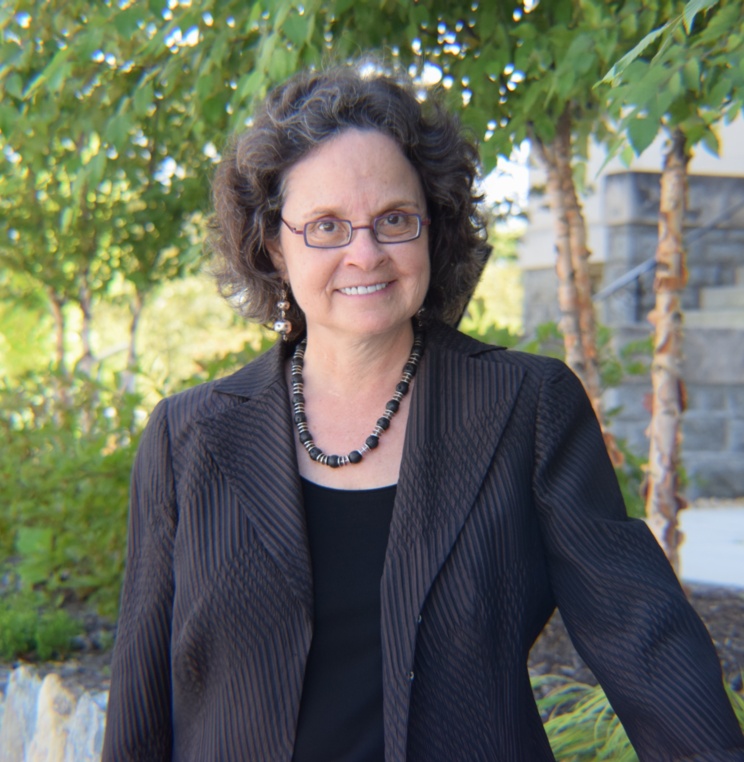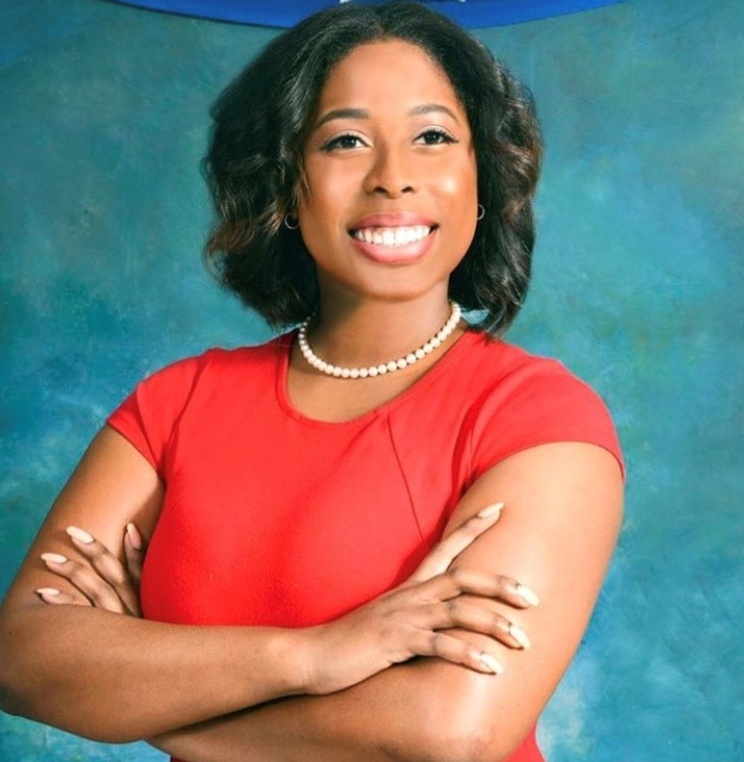New National Immigrant Women’s Advocacy Project Study Shows National Value of U Visa and VAWA Protections
Advocates who assist immigrant survivors report how lives change dramatically for the better
June 14, 2021
The National Immigrant Women’s Advocacy Project (NIWAP) at American University Washington College of Law released today national survey results demonstrating that for immigrant crime victims and their families, statutory protections set families and communities on positive pathways – trajectories for resilience and success. The U.S. Department of Homeland Security has announced improvements to the U visa program that will provide immigrant victims quicker protection from deportation and work authorization.

For more information, see the following story here. The policy is available to view here. For more information on U visa bona fide determination click here.
The NIWAP study, “Transforming Lives: How the VAWA (Violence Against Women Act) Self-petition and U Visa Change the Lives of Victims,” reports responses from 169 agencies in 42 states, concerning 11,000+ immigrant survivors who applied for immigration relief as victims of crime and abuse between 2016 and 2019. The study was authored by adjunct professor and director of NIWAP Leslye E. Orloff, J.D., Haley Iesha Magwood '20, J.D., Yasmin Campos-Mendez, M.S.W., and Giselle A. Hass, Psy.D.
“For the first time, we have measures of the resilience and success of immigrant crime victims, once they begin to receive the benefits and protections Congress created for them in the VAWA and U visa programs,” explained Orloff. “Remove the threat of deportation from an abuser’s arsenal, then provide victims with work authorization, and their families rapidly reflect benefit from U visa protections.”
The DHS changes are meant to address the major challenge of timing. Delays in deportation protections leave applicants in danger longer. From filing of the U visa application to receipt of deportation protections is now taking as long as five years, up from a former standard of about six months. The bottom line, according to Orloff, is that “the sooner that immigrant survivors gain protections from deportation and work authorization, the sooner they and their children begin to flourish, with economic independence, as well as trust in their communities and the justice system.”

A turning point
Significant changes occur at the point when VAWA and U visa applicants are granted work authorization, together with “deferred action,” which provides victims with protection against deportation. Granting of lawful permanent residency often follows, years later.
As Congress intended in creating VAWA and U visa immigration relief, the cloud of domestic violence, sexual assault, and child abuse begins to lift, as the power of abuser’s threats of deportation recede. Examples include reductions by 78% in threats of child abduction and 65% fewer threats to raise immigration status in court to gain sole custody of children.
Between half and three quarters of VAWA and U visa applicants also pursue protection orders against their abusers. Current best practices are to file the victims’ immigration cases as soon as possible, to recieve VAWA’s confidentiality protections, which help keep the Department of Homeland Security (DHS) from initiating immigration enforcement action against victims based on “tips” called in from perpetrators after they are served with papers in their protection order, child custody or divorce proceedings.
This ongoing use of protection orders provides important safety and stability in the lives of immigrant victims, particularly when so many are cooperating in criminal investigations and prosecutors of their abusers while they have ongoing contact with those abusers because they share children in common.
Further measures of family changes
Eighty percent of the clients were victims of domestic violence, child abuse, sexual assault, stalking and/or human trafficking. Example findings:
- Employed earning capacity grows as VAWA and U visa survivors gain work authorization and lawful permanent residency. After receiving work authorization, there was a 300% rise in those often or always working at jobs that pay at least minimum wage.
- Jobs with benefits – 43% secure jobs with health insurance, sick leave and vacation benefits.
- Confidence in the justice system – After receiving work authorization, there is a 114% increase in immigrant survivors’ willingness to trust police, 36% of immigrant victim applicants continued to make police reports regarding future crimes, and 22% help other immigrant victims seek help.
- Community engagement – As the VAWA and U visa programs help victims break free of their abusers’ controls, survivors who usually/almost always reengage with their ethnic community grows from 3% at filing, to 38% after work authorization and 43% at lawful permanent residency – a total 15.6-fold increase. There is a 226% increase in those taking ESL classes and a 167% increase in those working to improve speaking English. Sixty percent attend social events with people from the U.S. In educational pursuit, 38% pursue AAs and BAs, and there is a 6.6-fold increase in involvement in their children’s schools.
Types of benefits
The U visa offers immigration relief to victims of criminal activities against them in the United States, provided that they have been helpful in the detection, investigation, prosecution, conviction or sentencing of the criminal offenders. Victims of domestic violence, sexual assault, child abuse, stalking and human trafficking make up 76.3% of the U visa cases filed.
The Violence Against Women Act (VAWA) Self-Petition enables immigrant spouses, children, and step-children of U.S. citizen or lawful permanent resident abusers who are eligible for legal immigration status based on their marriage or parent/child relationship to self-petition for immigration benefits without their abuser’s assistance or knowledge if they were battered or subjected to extreme cruelty. Immigrant parents abused by their over-21-year-old citizen children also qualify. There is similar protection provided in immigration court through VAWA “cancellation of removal.”
Importantly, VAWA provides access to a safety net of public benefits, for public and assisted housing, health coverage, educational grants and loans, and drivers’ licenses. Note that benefits, particularly health coverage, food stamps, and drivers’ licenses, vary by state.
Recommendations
The study authors raise a series of recommendations for public agencies, including DHS, law enforcement, judges, child welfare agencies and Congress, and to advocates and attorneys who serve immigrant victims. Examples include:
- To DHS: Provide early access to deferred action and work authorization to U visa applicants and VAWA self-petitioners who have established a bone fide or prima facie case for eligibility.
- To Congress: Permanently eliminate the U visa 10,000 per year cap.
- To law enforcement, prosecutors and courts: Institute U and T visa certification practices and add this evidence-based research to curricula for law enforcement, prosecutors and courts on U visa and T visa certification
- To victim advocates, victims’ attorneys, and mental health providers: Elevate and prioritize the understanding of how quickly immigrant crime survivors lives change when they file VAWA and U visa applications and gain protection from deportation and work authorization and routinely screen for eligibility, help victims file, and gain legally correct information about immigrant survivors’ legal rights to become a catalyst for access.
The report and resulting recommendations are available here.
# # #
About NIWAP
At NIWAP, we envision a world with equitable access to justice that ensures a safe, supportive environment for immigrant survivors of abuse and their children to heal and thrive. Through trainings, strategic consultations, and policy advocacy, our experts support advocates, attorneys, law enforcement agencies, and judges whose work directly serves immigrants and their communities. NIWAP is based at American University, Washington College of Law, in Washington, D.C.